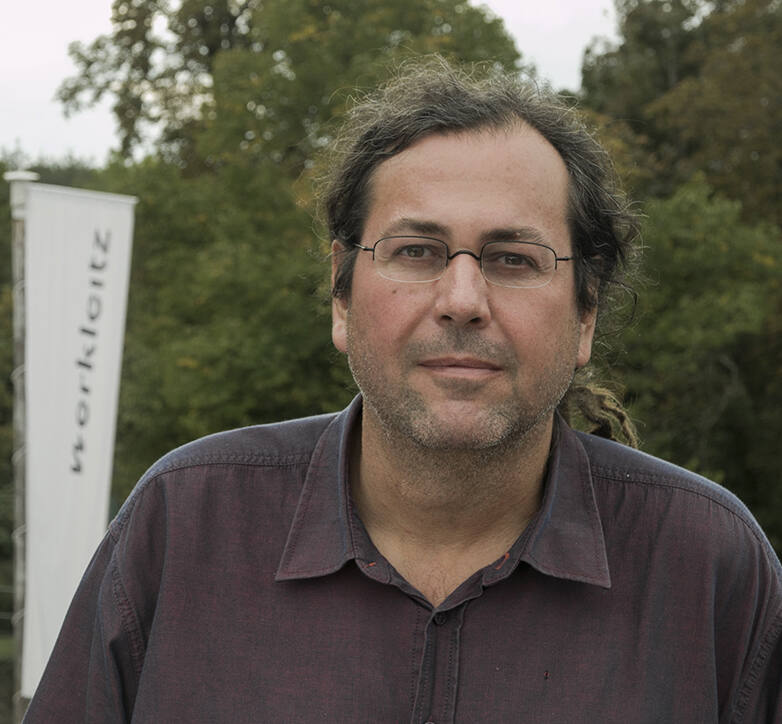Übergordnete Werke und Veranstaltungen
Filmprogramm
Acquired Knowledge
Personen
Media
In July, 2004, Rüdiger Wischenbart's article 'Wissenschaft ist kein Freibier' (Science is not Free Beer) appeared in the Internet magazine 'Perlentaucher'. In it, he cites the Irish scientist Antoine O'Lachtnain, who complains that the almost monopolised science publishing trade secures the first edition rights of scientists totally free of royalties to then sell the periodicals in which their articles are published, 'back' to the scientists and university libraries at inflationary prices. The science publishers which feel more and more threatened by the free distribution of knowledge in the internet, achieved a 215-percent price increase in the past 15 years.
This article gives a symptomatic insight into a development meanwhile directed, in the form of large-scale (legislative) crusades, against the open access practice of Internet users. Information and knowledge is mentioned by many economy experts as the capital of the future. Knowledge – no matter what kind or where it comes from – is increasingly traded as an economic commodity rather than as common property.
The debate on file sharing and open access becomes even more complex, when the necessity of a pool of common cultural property for the evolution of culture is not even acknowledged. It has always been hard for films and music to even be accepted as knowledge carriers in the way they are valuated. Independent from the classification of contemporary production – for instance in high and popular culture – remains the question of who has access to which information and knowledge, and furthermore, who may qualitatively evaluate information and thus ensures that it is preserved for posterity.
The demarcation line between those who can and those who cannot afford this access not only runs between the so-called First and Third World, but increasingly within the leading economic countries. Public funds are no longer sufficient for new acquisitions in libraries; universities can't afford software updates; and the 'little' author, whose pretended interests always serve as a pretext for copyright lobbyists, sails close to the wind anyway on account of all the copied software he or she requires for work but can't afford.
'Acquired Knowledge' is concerned with the preservation, communication and restriction of knowledge on various media. From the Parisian National Library, respectfully called 'The memory of the world' in Alain Resnais film from 1956, up to the discourses surrounding the "work of art in the age of technical reproduction" in the New York video art scene. P.Z.







